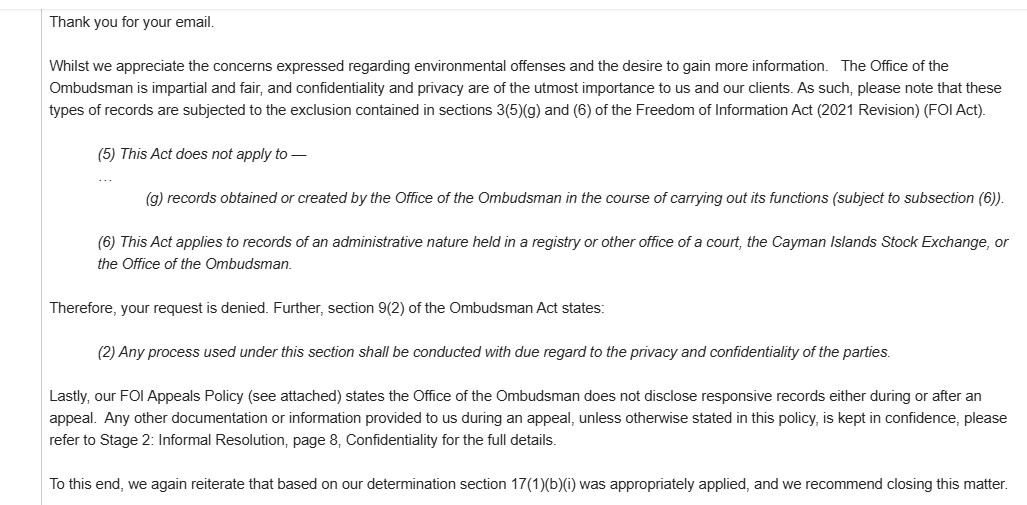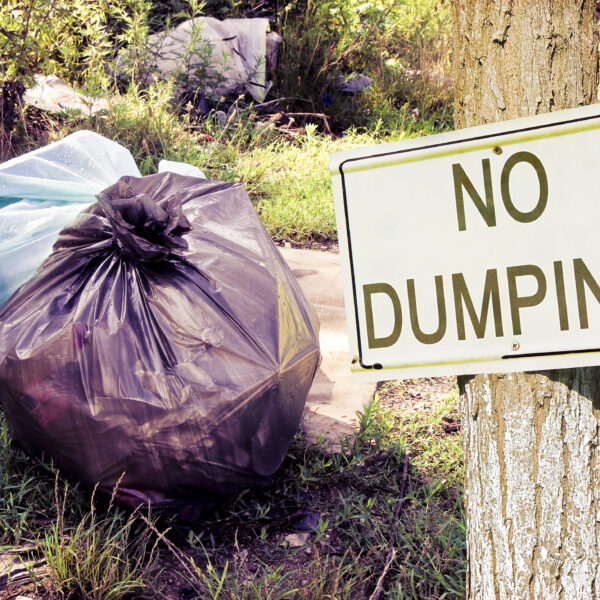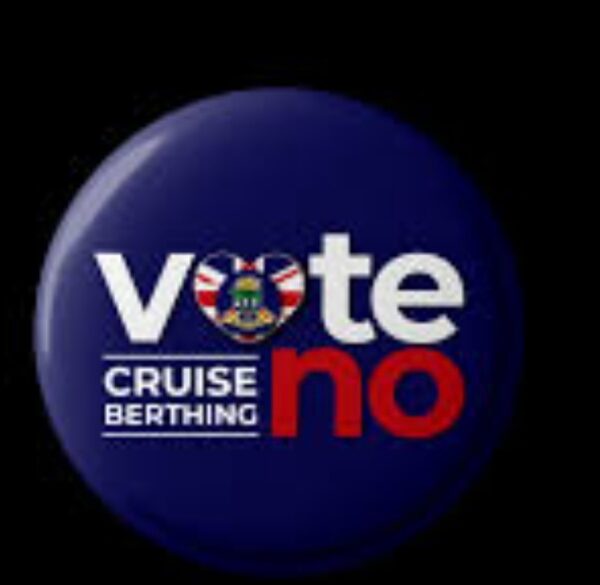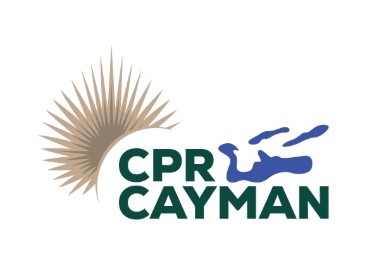
|
Getting your Trinity Audio player ready...
|
By Alric Lindsay
According to a National Geographic article by Brian Clark Howard on January 29, 2016, billionaire Paul Allen’s “300-foot yacht Tatoosh allegedly caused significant damage to a protected coral reef in the Cayman Islands” in January 2016. While no admissions of guilt were ever made by Paul Allen or his Seattle-based company, Vulcan, the Department of Environment confirmed on January 22, 2016, that 13,800 sq. ft of the coral within the West Bay Replenishment Zone was destroyed. Due to the significant public interest in environmental enforcement matters, a freedom of information request was sent to the DoE last year to obtain further details on whether any charges were ever laid and what amounts were paid under any settlement agreement with the Government. The details were said to be exempt from freedom of information requests.
What was published about the incident
Based on a January 2016 statement, the DoE confirmed that it “concluded an in-water survey of coral reef damage caused by the anchor chain of the 300-foot yacht MV Tatoosh within the West Bay Replenishment Zone.”
The DoE added:
The assessment report detailing the Department of Environment’s findings is expected to be completed in the coming week. Initial figures place the damaged area at 1,200 square meters (13,800 sq. ft.) with 80% of the coral within that area destroyed.
Investigations into the circumstances of the incident are ongoing with the assistance of staff of MV Tatoosh.
Clarifying the situation, the National Geographic article noted that the billionaire’s vessel, the M/V Tatoosh, was “moored in a position explicitly directed by the local Port Authority,” however, “the winds reportedly shifted, moving the boat toward the reef.”
The settlement agreement
Following the above, a press release was issued by the Ministry of Financial Services, Commerce & Environment stating that “The Cayman Islands Government; and TDE Maritime, the owner of the M/Y Tatoosh, have reached an agreement in relation to coral that was injured in Cayman Islands waters – specifically, the Seven Mile Beach Park – between 12-14 January this year.”
The press release added:
The agreement with TDE Maritime therefore reflects a value commensurate with the loss of our public resource and facilitates a permanent mooring solution in Seven Mile Beach Park’.
The agreement was made without admissions from either party regarding the January incident.
The settlement amount was never publicly disclosed.
The freedom of information request
Since several Caymanians are currently before the courts in the Cayman Islands for environmental offences, a freedom of information request was sent to the DoE in July 2024. That request contained queries about whether the Government initiated legal action in respect of the 13,800 sq. ft. of coral reef damage, whether any charges were filed in respect of the incident, and the total fines paid by or on behalf of the TDE Maritime superyacht M/Y Tatoosh as a result of the damage caused by the anchor to the coral reef in the Cayman Islands.
The DoE responded to the freedom of information request on September 5, 2024, as follows:
Regrettably, your application has been denied because any records that may exist are exempt under section 17(1)(b)(i) of the Freedom of Information Act.
While the DOE is unable to confirm or deny exactly what records exist that are relevant to your request, as to do this would disclose exempt information, it would not be possible to respond to a request such as yours under the Freedom of Information Act because to do so would constitute an actionable breach of confidence.
Given the Director of the Department of Environment was consulted on this decision, it is not possible for an Internal Review to be conducted of this refusal to grant access to the information you have requested and to neither confirm nor deny what records exist.
However, if this public authority’s decision is not favourable to you, you have the right under section 42 of the FOI Act to appeal to the Ombudsman within 30 days of the date of this decision.
An appeal was sent to the Office of the Ombudsman to obtain transparency regarding the 13,800 sq. ft. of coral reef damage.
After the Ombudsman liaised with the DoE, the Ombudsman sent an email on February 3, 2025, stating as follows:
We have been in communication with the Department of Environment concerning your FOI request, and the Department has stated that it is upholding its decision which is as follows.
DOE is unable to confirm or deny exactly what records exist that are relevant to your request, as to do this would disclose exempt information, it would not be possible to respond to a request such as yours under the Freedom of Information Act because to do so would constitute an actionable breach of confidence.
The Ombudsman added:
Through our investigation process, we received additional information from the Department in support of the application section 17(1)(b)(i) under the Freedom of Information Act. Accordingly, we conclude that the application of s 17(1)(b)(i) was appropriate within the scope of this request. Further, please note that section 17 is an absolute exemption meaning that it is not subject to the public interest test in section 26(1), and the Ombudsman cannot order that any records subject to this exemption be released in the public interest.
On February 3, 2025, the Office of the Ombudsman was asked to share the additional information it received from the Department in support of the application of section 17(1)(b)(i) under the Freedom of Information Act.
The Ombudsman responded as follows:

On February 5, 2025, the Ombudsman closed the file.
Conclusion
Completing the above freedom of information request demonstrates the length of time it may take to conclude matters related to requests for transparency.
While it is in the public interest to know whether or not a party was charged and the amount paid to settle allegations of environmental damage, the information in this case was stated to be subject to an exemption under the Freedom of Information Act. It was, therefore, not disclosed.
Concerning parties who may potentially be facing charges for environmental offences in the Cayman Islands, it may be the case that they could pursue a similar strategy above, i.e., reach a settlement agreement similar to the above without making any admissions since the Government has used this approach.
Note to readers:
For the National Geographic article about the incident, please see the below link:
For the statement by the DoE, please see the below:
For the press release stating how the undisclosed amount of settlement funds would be used, please see the below link:







